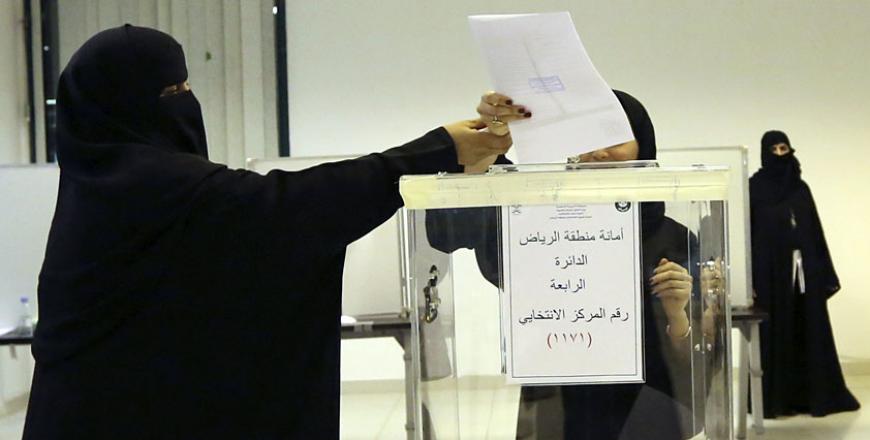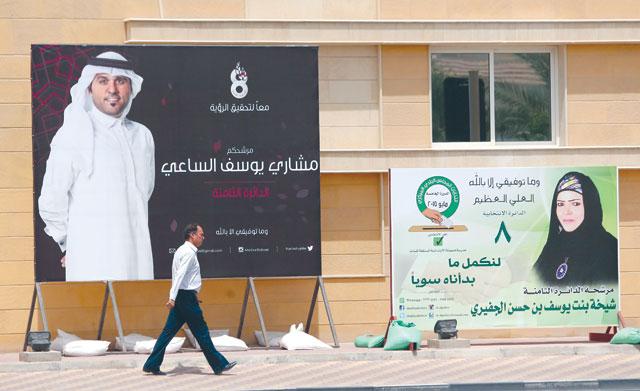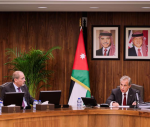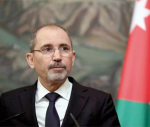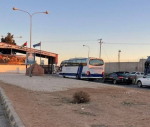You are here
Saudi Arabia holds first ever election open to women
By AFP - Dec 12,2015 - Last updated at Dec 12,2015
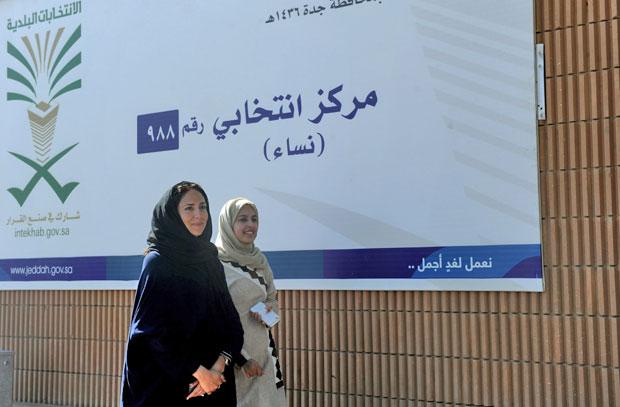
Saudi women arrive at a polling station in the coastal city of Jeddah, on Saturday, during municipal elections (AFP photo)
RIYADH — Saudi women voted Saturday for the first time, in a tentative step towards easing sex discrimination in the kingdom.
In another first, women were allowed to stand as candidates in the polls for municipal councils, the country's only elected public chambers.
"Now women have a voice," Awatef Marzooq told AFP after casting her ballot at a school in the capital.
"I cried. This is something that we only used to see on television taking place in other countries."
Despite the novel presence of female contenders, Marzooq said she picked a male candidate because of his ideas including more nurseries.
"I voted for a man, but I hope a woman will win," she said.
Saudi Arabia has some of the world's tightest restrictions on women, including a ban on driving.
It was the last country to allow only men to vote, and polling stations were segregated.
Outside one centre for women in Riyadh, cars driven by men arrived every few minutes with female voters dressed in black robes.
Some of the women asked the media not to take their photograph before they were whisked away.
'Breaking the barrier'
Mohammed Al Shammari, who had just dropped off his daughter, a teacher, said he had encouraged her to vote.
"We want to break this barrier," he said.
"As long as she has her own place and there is no mixing with men, what prevents her from voting? We support anything that does not violate Sharia [Islamic law]," he said.
Among the 6,440 candidates are more than 900 women, who overcame a number of obstacles to participate in the landmark poll.
Female candidates could not directly meet any male voters during their campaigns.
“This is really silly,” said Sahar Hassan Nasief, a women’s rights activist in the Red Sea city of Jeddah.
She said men and women were already mixing to a degree in the workplace, supermarkets and other locations, although restaurants, banks and other public places include separate sections for “families” and single men.
Nasief said the election campaign was “not really” fair because of the segregation and a rule against any candidates publishing their own picture.
But it “felt really good” to vote.
Female voters said registration was hindered by factors including bureaucratic obstacles and a lack of transport.
As a result, women account for less than 10 per cent of registered voters and few, if any, female candidates are expected to be elected when results are announced Sunday.
“Even if men take all the seats, I feel we still won,” said Munifa, a nurse who lives outside Hafr Al Batin city in the kingdom’s northeast, where camels and sheep awaited slaughter at a celebration to follow declaration of the winners.
“I have a voice and it matters. It doesn’t matter if I vote for a man or a woman,” said another northeastern resident, who gave her name only as Noura, 24.
One-third of seats on Saudi Arabia’s 284 councils are appointed by the municipal affairs ministry, leaving women optimistic that they will at least be assigned some of them.
Lack of information
Some male voters said they lacked information about the female candidates.
“I didn’t see any woman’s campaign so I won’t be voting for a woman,” said Mohammed Al Ghamdi, 49, in Jeddah.
Ghamdi said he cast his ballot “to help establish a voting culture”.
According to election commission data, nearly 1.5 million people aged 18 and over were registered to vote.
This includes about 119,000 women, out of a total native Saudi population of almost 21 million.
“I think social media helped promote the elections,” said Mohammed Abdullah Al Kharji, deputy head of the electoral committee at King Salman Social Centre polling station in Riyadh.
Polls opened at 8:00am (0500 GMT) and closed at 5:00 pm.
Oil-rich Saudi Arabia boasts modern infrastructure of highways, skyscrapers and ever-more shopping malls.
But women still face many restrictions. They require permission from male family members to travel, work or marry.
A slow expansion of women’s rights began under King Salman’s predecessor King Abdullah who announced four years ago that women would join the elections this year.
Male-only polls were first held in 2005.
“It’s only a start, and it’s a very good start,” Nasief said. “Nothing comes easily.”
Related Articles
RIYADH — At least nine women won municipal council seats in Saudi Arabia's first ever election open to female voters and candidates, officia
AMMAN — A local women’s organisation on Monday called on Jordanian men and women to elect their representatives in the upcoming municipal an
Qataris will have a rare chance to vote Wednesday as they choose candidates to sit on the country's only directly elected body, with calls growing to ensure more women are selected.


